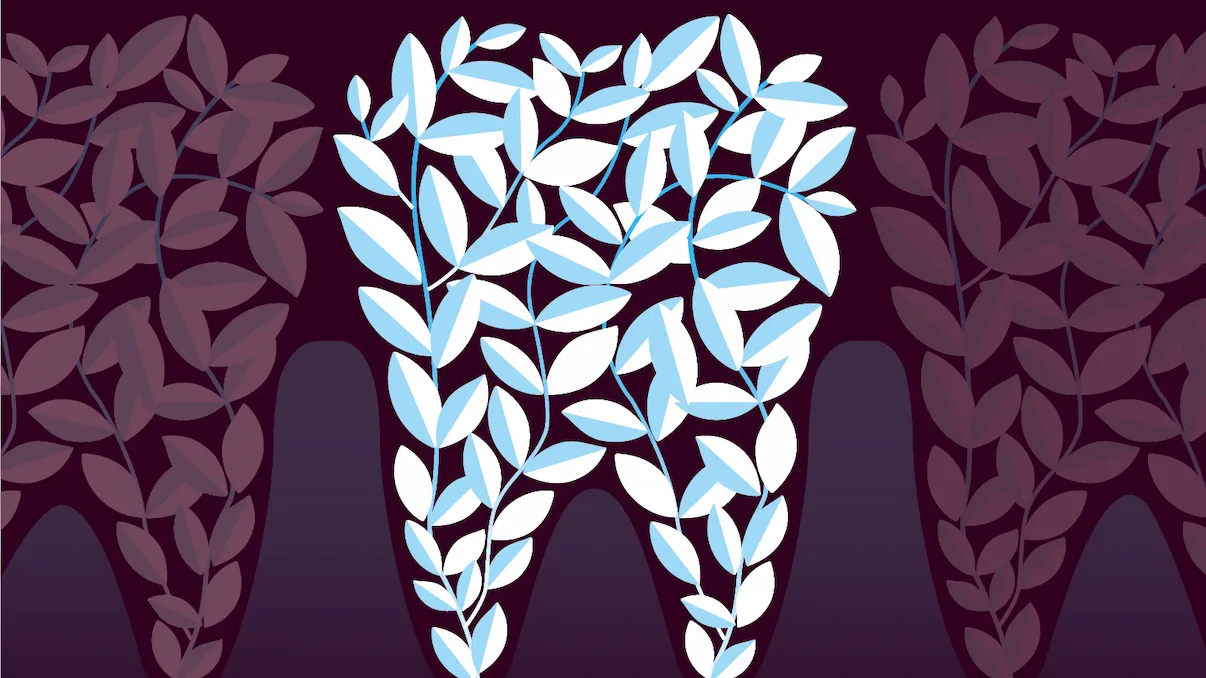Regenerative Dentistry - Can You Really Regrow Your Teeth?

From early childhood, we are continually reminded that we must take care of our adult teeth because they are the only ones we will get. When we damage our skin it can regrow and when we break bones, they mend. However, teeth are a completely different story. Whilst a broken tooth can often be mended with restorative dentistry, there are occasions when it is too damaged for this to be done. When this happens, it can be necessary to remove the entire tooth.
Tooth Loss in Numbers
When we think of tooth loss, and certainly in high numbers, it sounds as though we are looking back to the events of the early 1900s. However, the sad fact is that there are still significantly high numbers of individuals who lose teeth even today. According to information collected by DentalHealthOrg, roughly 3 in 4 adults - a staggering 74% of individuals - have had a tooth extraction.
A collection of dental statistics gathered in 2018 discovered that in the age group of people over the age of 85 a staggering 7.5% of people actually had no natural teeth. This number dropped to 4.4% in the 75 to 84 age group. One final statistic to illustrate the enormity of the problem is that in 2018/2019, 895,000 children’s tooth extractions were performed as well as 3 million adult tooth extractions.
Regrowing Teeth
If you have been considering a dentistry degree in Greater Manchester then you may already have been doing some background reading on the subject and discovered that one of the latest advances in dental technology is related to stem cell dental implants.
This is a restorative dentistry treatment that can actually aid with the regrowing of missing teeth in the mouth. The human body contains a number of different cell types of which stem cells are just one. It is these stem cells that can help the body when it comes to creating all of the organs and systems that are found in the body.
Researchers at a number of different research facilities have been working with dental stem cells for a number of years in the hope of finding a way in which they can use the unique properties of these cells to help stimulate regrowth in teeth. This technology is still in the early stages, but this restorative dentistry method is proving very effective.
Please let us know what you think!